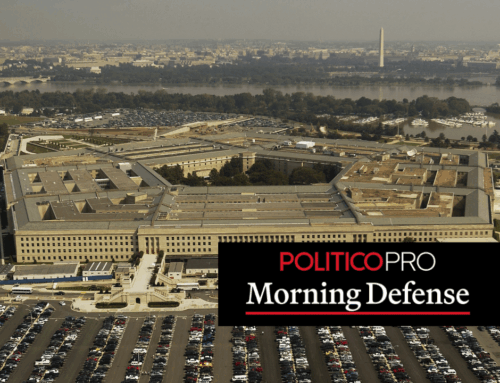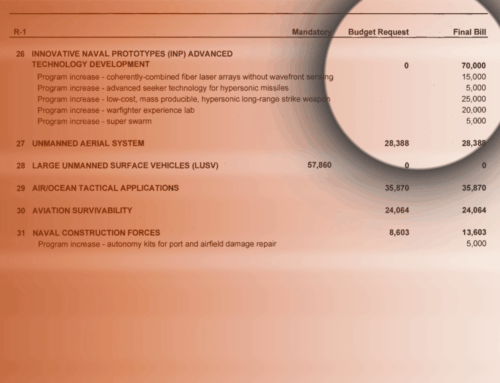On Capitol Hill these days, you can almost hear the saw cutting through the timber of congressional authority. The newest blade is Section 121, a short clause tucked into the House-drafted version of the FY2026 Legislative Branch spending bill. In plain language, it tells the Government Accountability Office—the century-old watchdog that audits waste and enforces the 1974 Impoundment Control Act—that it may not spend a dime to sue a president for withholding appropriated funds unless the House and Senate first pass a concurrent resolution blessing the lawsuit.
For most readers, that may sound like procedural trivia. It is anything but. Strip away the legalese, and Section 121 rewrites a post-Watergate bargain that has held for half a century: if a president seizes (“impounds”) money that Congress has duly appropriated, then GAO may march into federal court and demand its release. No haggling, no presidential veto, no waiting for two chambers to maneuver through their own politics.
Picture an emergency-relief fund—say, wildfire aid, or the next tranche of money for storm-ravaged Puerto Rico. Imagine a White House, any White House, quietly deciding to “review” the spending. Today, GAO could file papers in the District Court, and a judge could force the administration to release the money. Under Section 121, the Comptroller General must first secure a majority vote in both chambers, each with its own grievances and procedural choke points. The stopwatch on the disaster keeps ticking; the money sits.
That’s exactly the moment when those constitutional checks and balances are supposed to kick in. In Federalist 51, James Madison—still mindful of King George III—famously argues that virtue alone can’t keep government honest, so the Constitution must arm each branch with both the tools and the incentives to defend its turf. This built-in rivalry is what prevents authority from pooling in a single pair of hands:
“But the great security against a gradual concentration of the several powers in the same department consists in giving to those who administer each department the necessary constitutional means and personal motives to resist encroachments of the others… Ambition must be made to counteract ambition. The interest of the man must be connected with the constitutional rights of the place.”
Strip away those tools, and the system starts to unwind. A Republican House sparring with a Democratic president might see its border-security dollars stranded by a Democratic Senate unwilling to green-light the Comptroller’s suit. Swap the parties, and housing or education grants face the same fate. Because concurrent resolutions never reach the White House, presidents can dodge blame. The delay is eventually chalked up to “procedure” or “the calendar.” Culpability all but disappears.
That danger isn’t hyperbole—we’ve already seen the dress rehearsal. When the White House paused aid to Ukraine during Donald Trump’s first term, GAO ruled the hold illegal. That opinion did not force the release of funds (the aid was freed earlier under political pressure), but it provided a neutral judgment that mattered to courts and to history. Section 121 would have made such an opinion effectively toothless, its enforcement blown by the same political winds that produced the impoundment in the first place.
Defenders of the clause argue that lawsuits are extreme and that a bit of Congressional deliberation protects taxpayers from frivolous litigation. But the record tells a different story. In the half-century since the Impoundment Control Act became law, GAO has only sued once. The threat has worked. Remove the threat, and presidents will test their new latitude—some out of ideological fervor, others out of sheer administrative convenience. Once a precedent is set, successors will exploit it, too.
This applies to the legislative branch as well. Once lawmakers discover they can silence GAO with a procedural leash, what keeps them from lashing the Congressional Budget Office to the same post—forcing a floor vote every time CBO’s score embarrasses a pet bill—or from requiring a resolution before the Congressional Research Service can publish an analysis they don’t like? Should the Library of Congress wait for bipartisan blessing before releasing an archive that complicates a nominee’s confirmation?
Each cut is small, almost forgettable. But collectively, they begin to fray Article I’s institutional fabric. In weakening its own watchdog, Congress is ceding even more power to the executive. The next president—Republican, Democrat, or something unforeseen—will inherit a process where congressional appropriations are merely suggestions. That is not oversight. It is abdication.
Congress should strike Section 121 while it can and reaffirm GAO’s authority to defend Congress’s control of the purse strings. Madison counted on “ambition to counteract ambition,” yet too many lawmakers now seem content to let their congressional authority lapse. They may find, soon enough, that reclaiming it is harder than giving it away.










